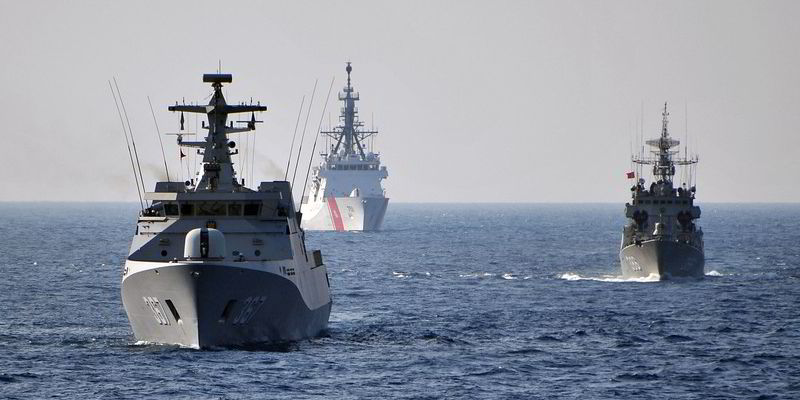According to the Jakarta Post and other localmedia outlets the military is stepping up surveillance of ports and terminalsin the Riau Islands and other regions to ensure commodities like nickel ore andbauxite are not shipped overseas.
The news, which follows reports that severalbulkers have been detained as a result of the crackdown, may not come as asurprise since the ban was implemented just three days ago but it’s unclear howlong the blockade will last.
Many industry observers expect to see aneasement in the coming weeks since the government has struggled to enforcesimilar regulations in the past and has already issued three-year exemptions tomore than 50 major mining conglomerates.
Some, like Benjamin Nolan of USinvestment bank Stifel, believe authorities will relax the regulations at somepoint down the road but fear the ban will have a devastating impact onpanamaxes and supramaxes in the near-term.
Others are quick to point out thatChina, the primary destination for Indonesian nickel cargoes, would probablyimport less ore in the coming months anyways since it increased stockpiles in thefinal leg of 2013 in anticipation of the ban.
Mining industry researchers at Maybank believeit will take approximately nine months for Beijing to deplete its nickelinventories but admit it’s too early to say whether it will be forced to relyon other sources at that point in time.
In addition to Indonesia, a recentreport released by the US Geological Survey indicates that nickel reserves inthe Philippines are equally impressive. The agency also noted miners are rampingup production in the region in response to increased Chinese demand.
Data from a leading vessel tracking serviceshows that the 63,500-dwt Aeriko(built 2013), which was one of nearly a dozen bulkers detained by authorities at Indonesian ports two days before the ban was implemented, is now in China butit’s unclear if the handymax was fully loaded uponarrival.



